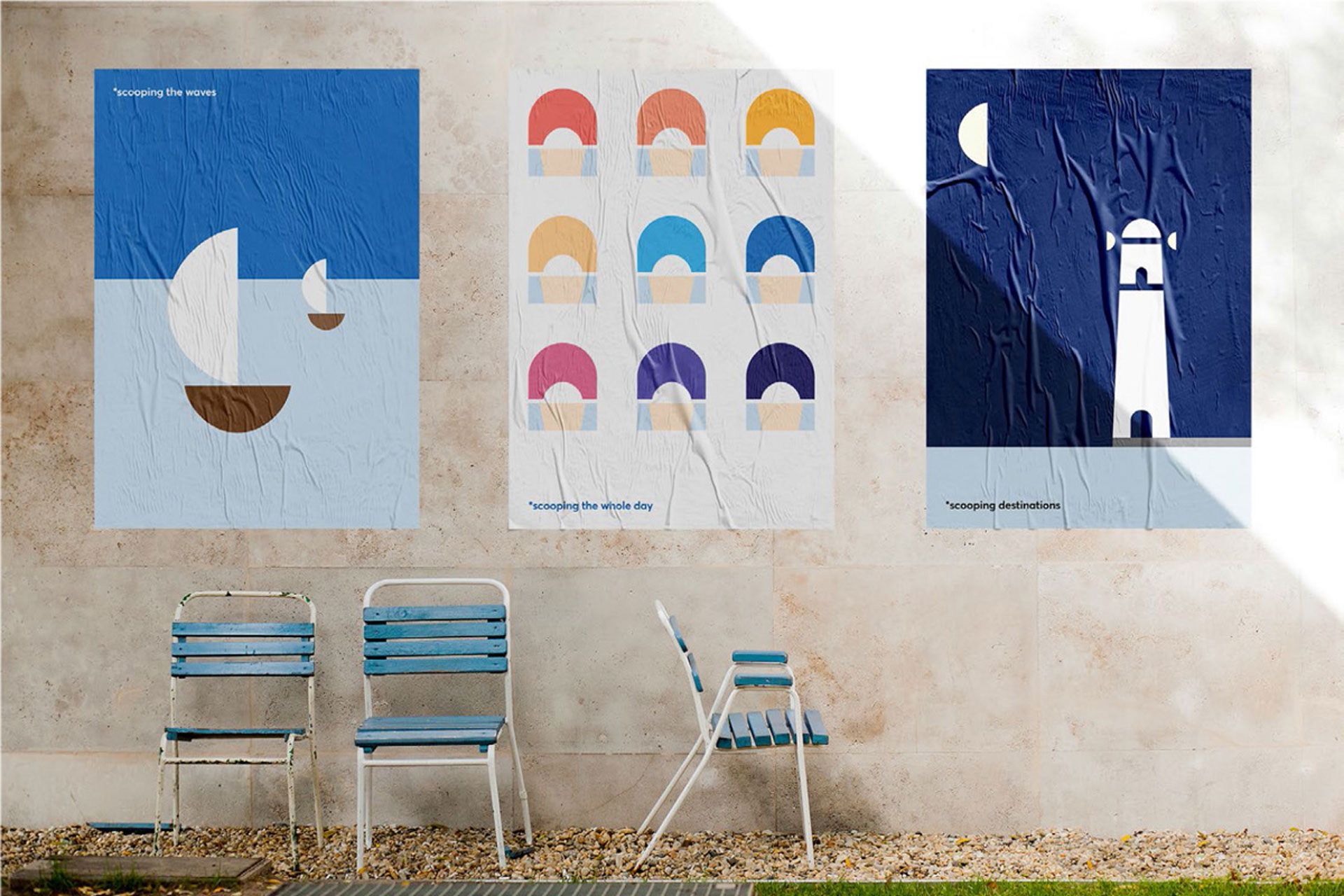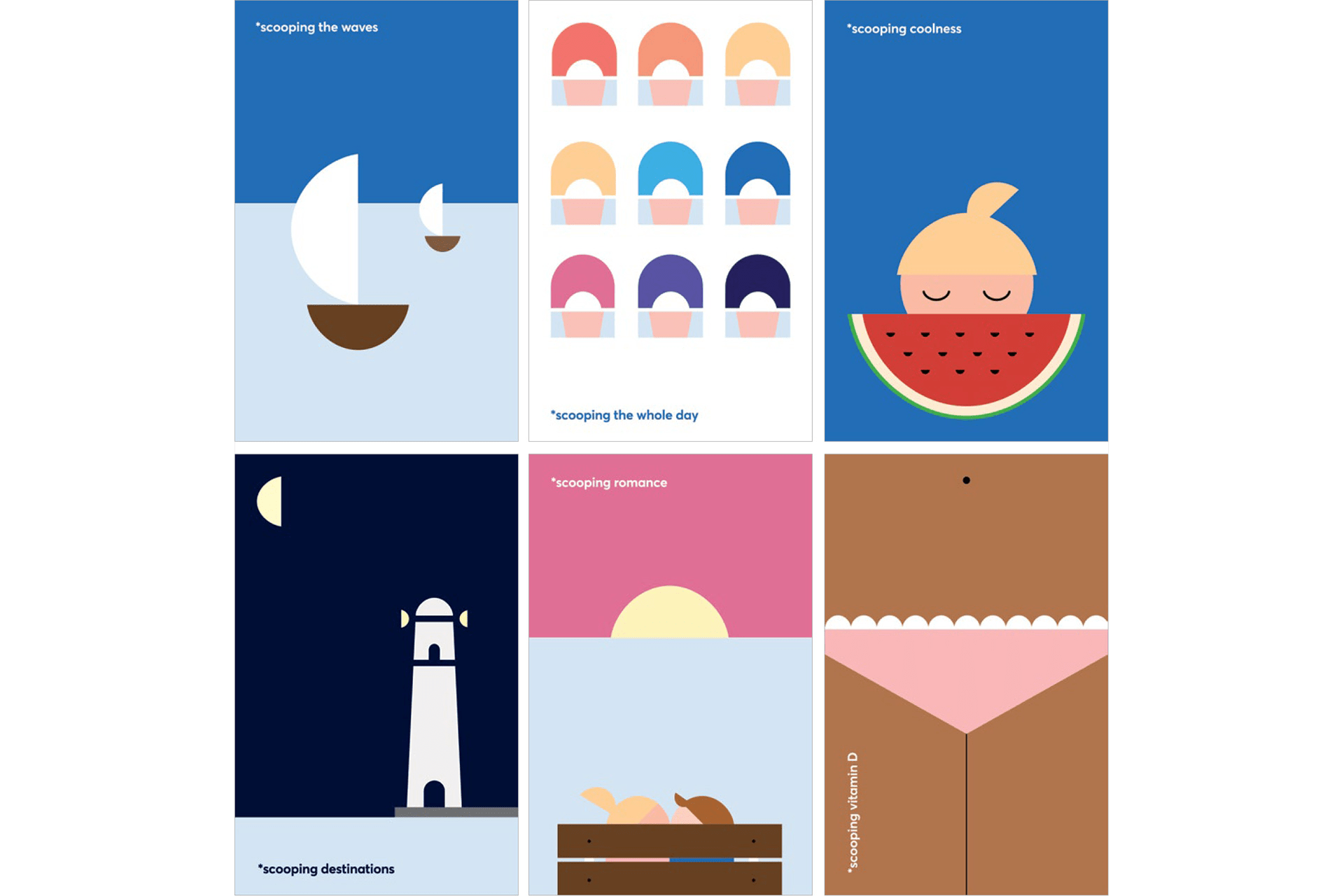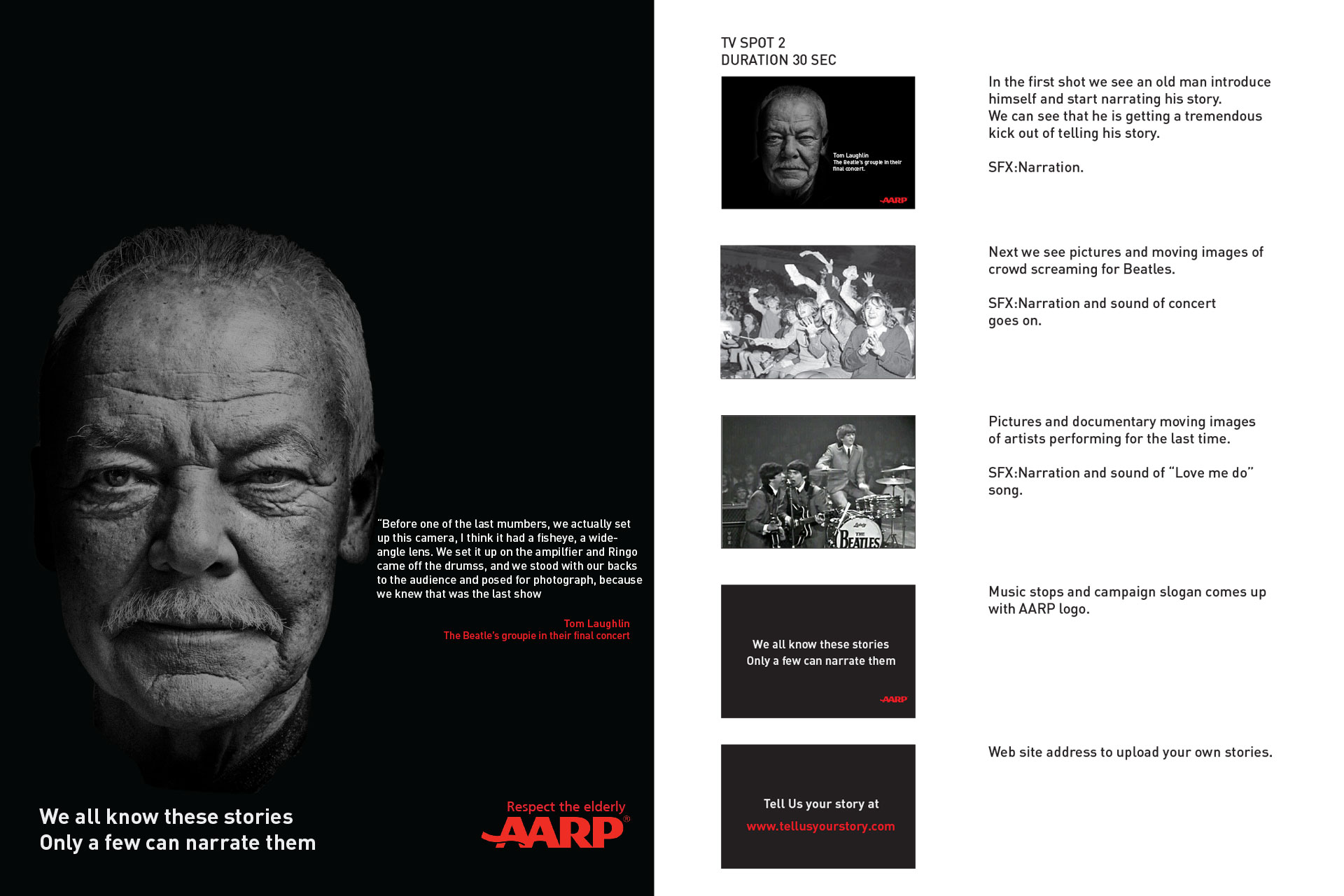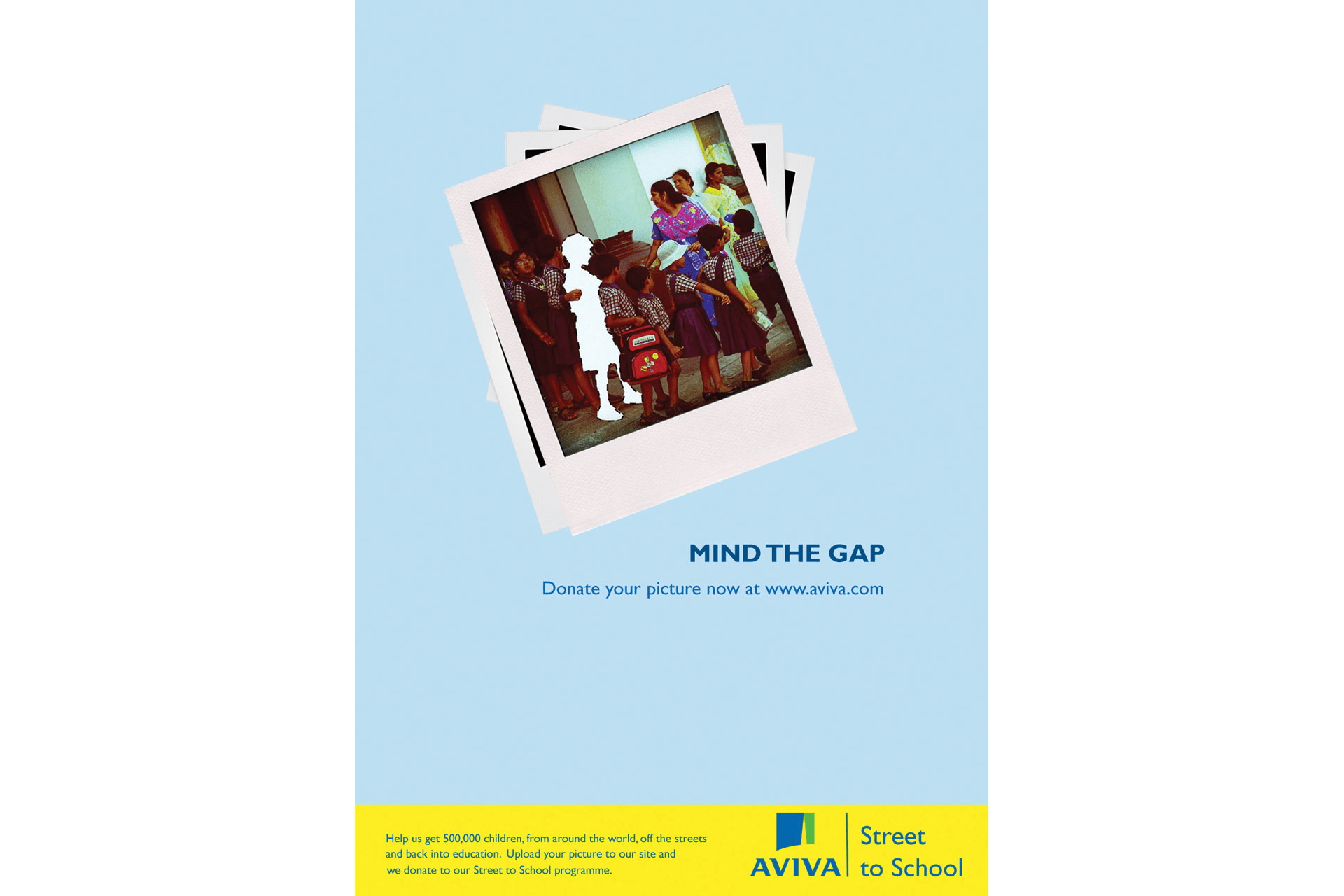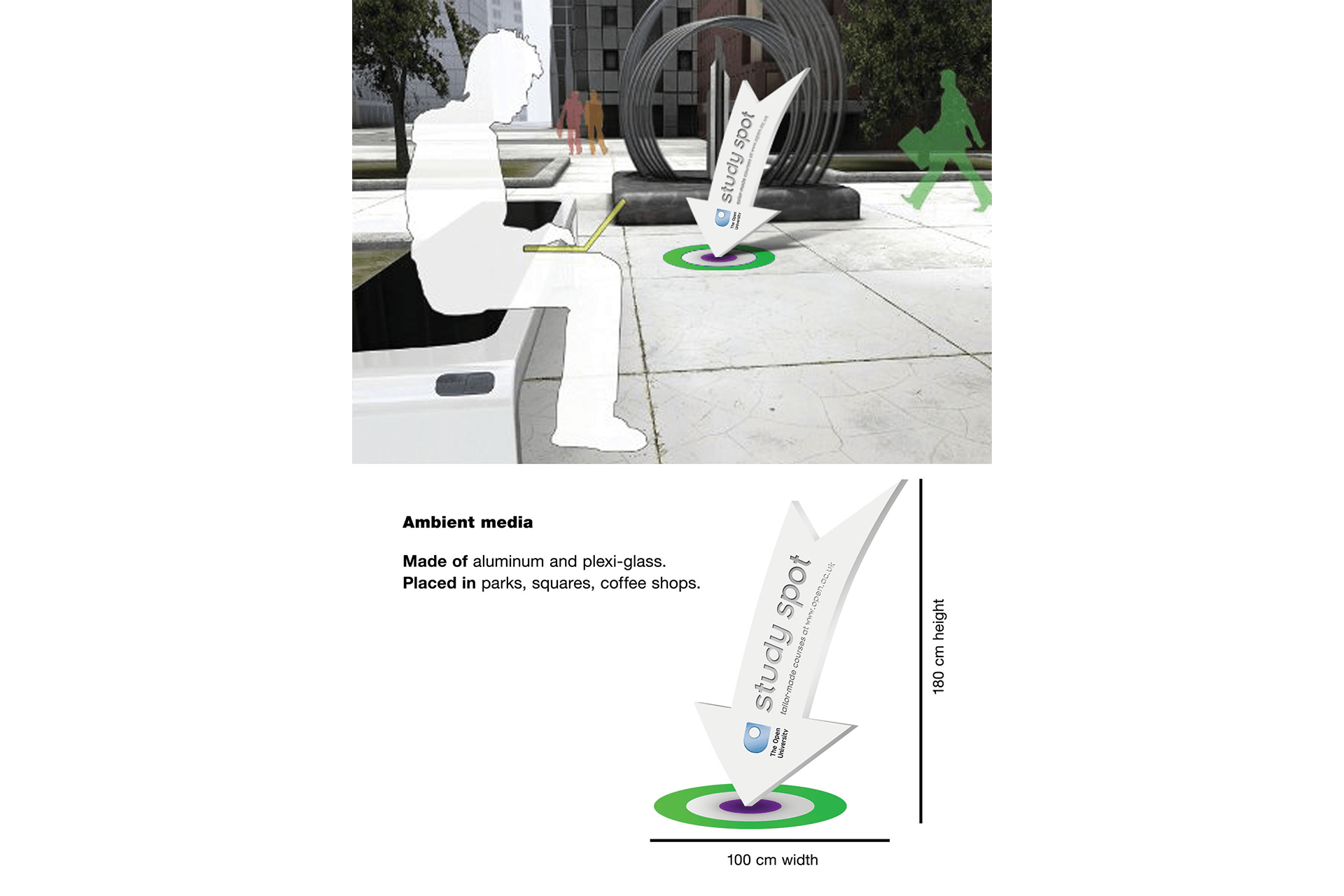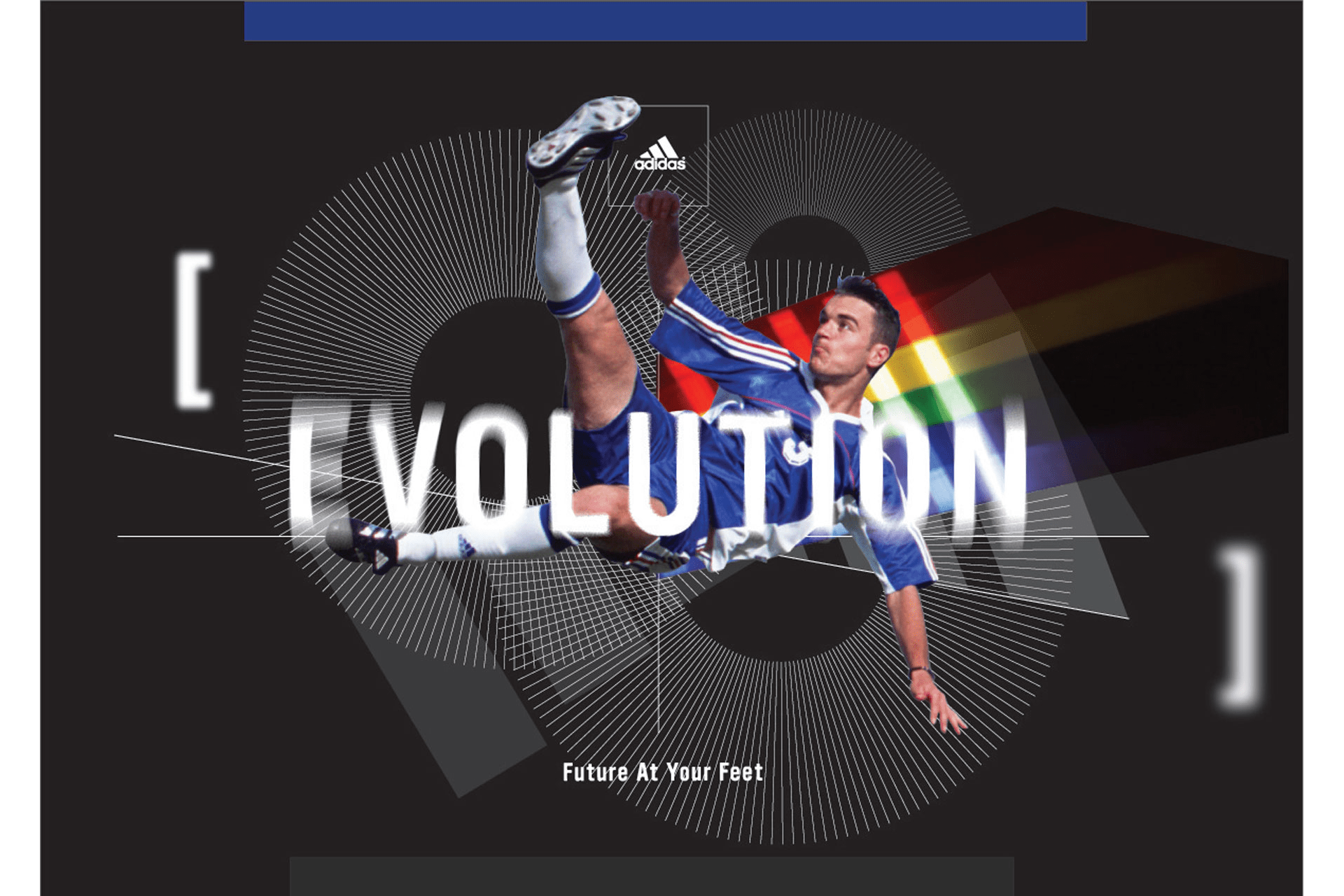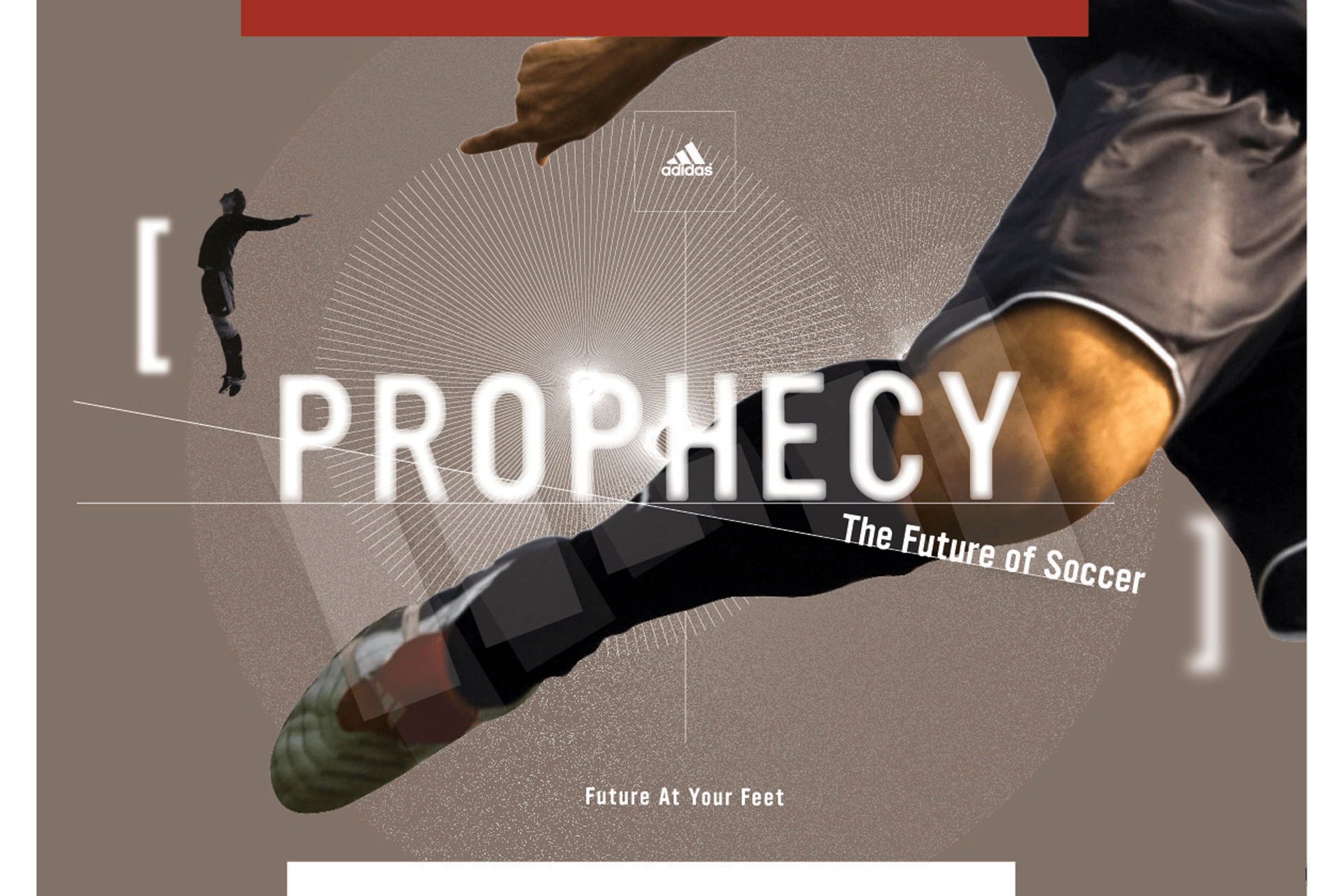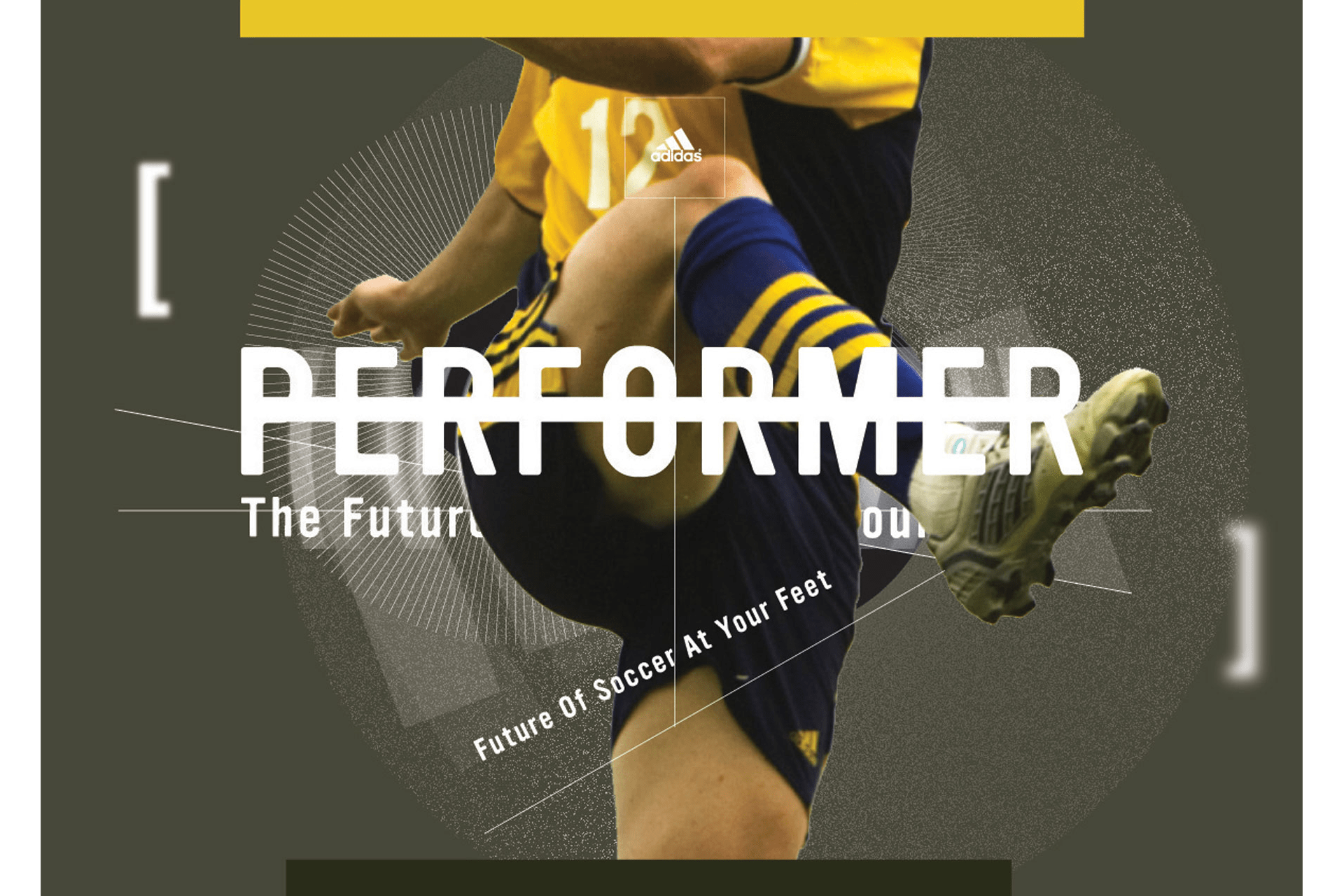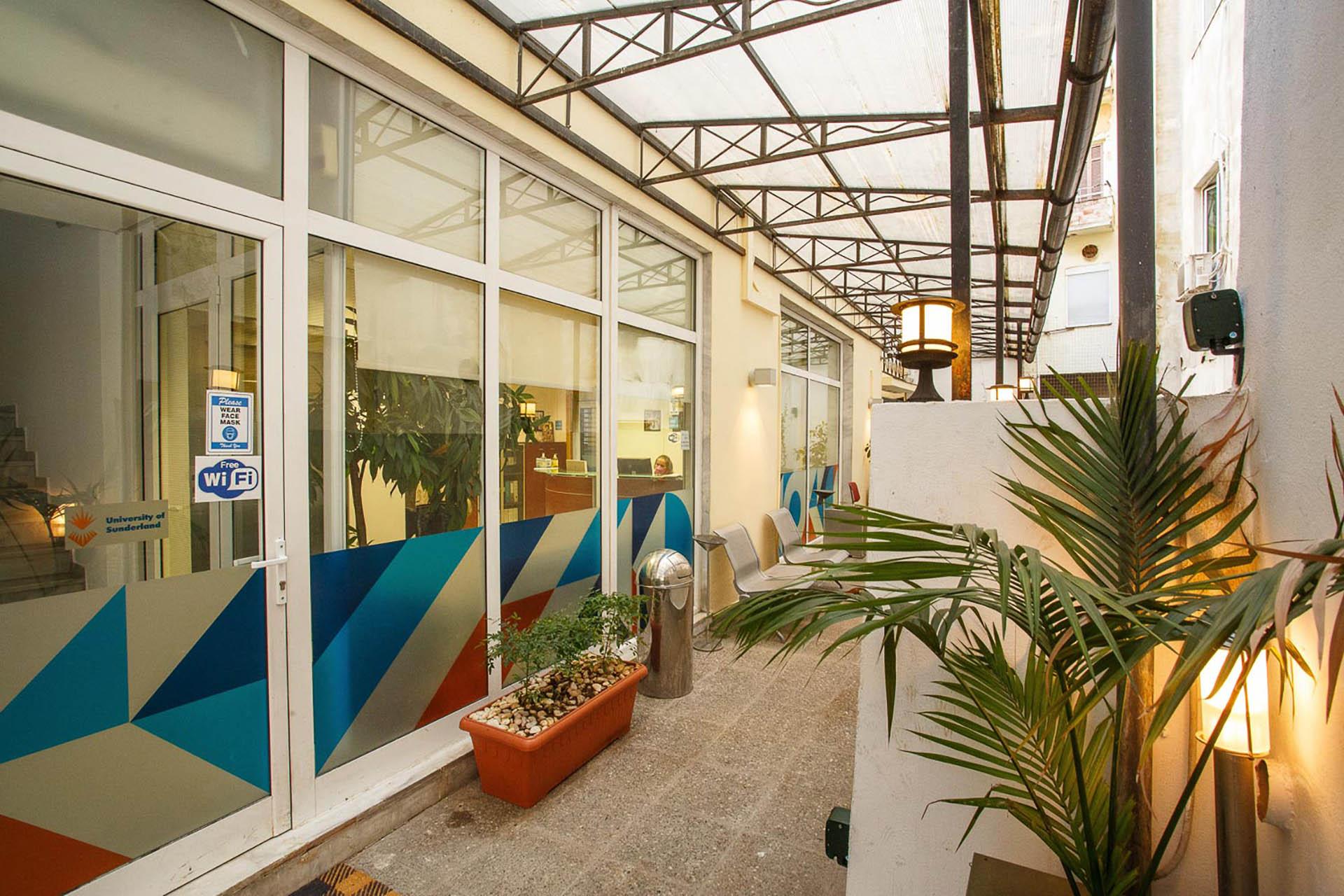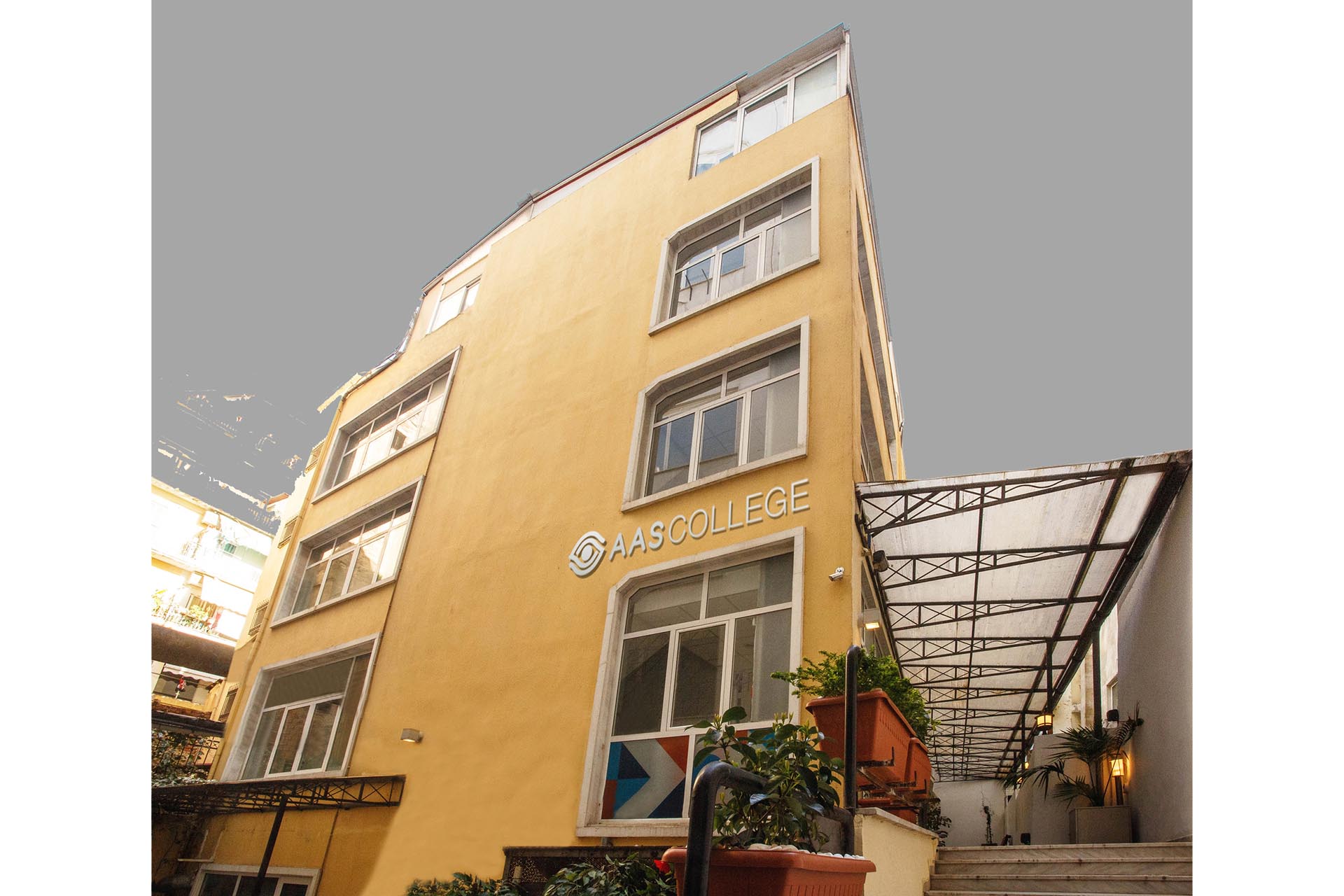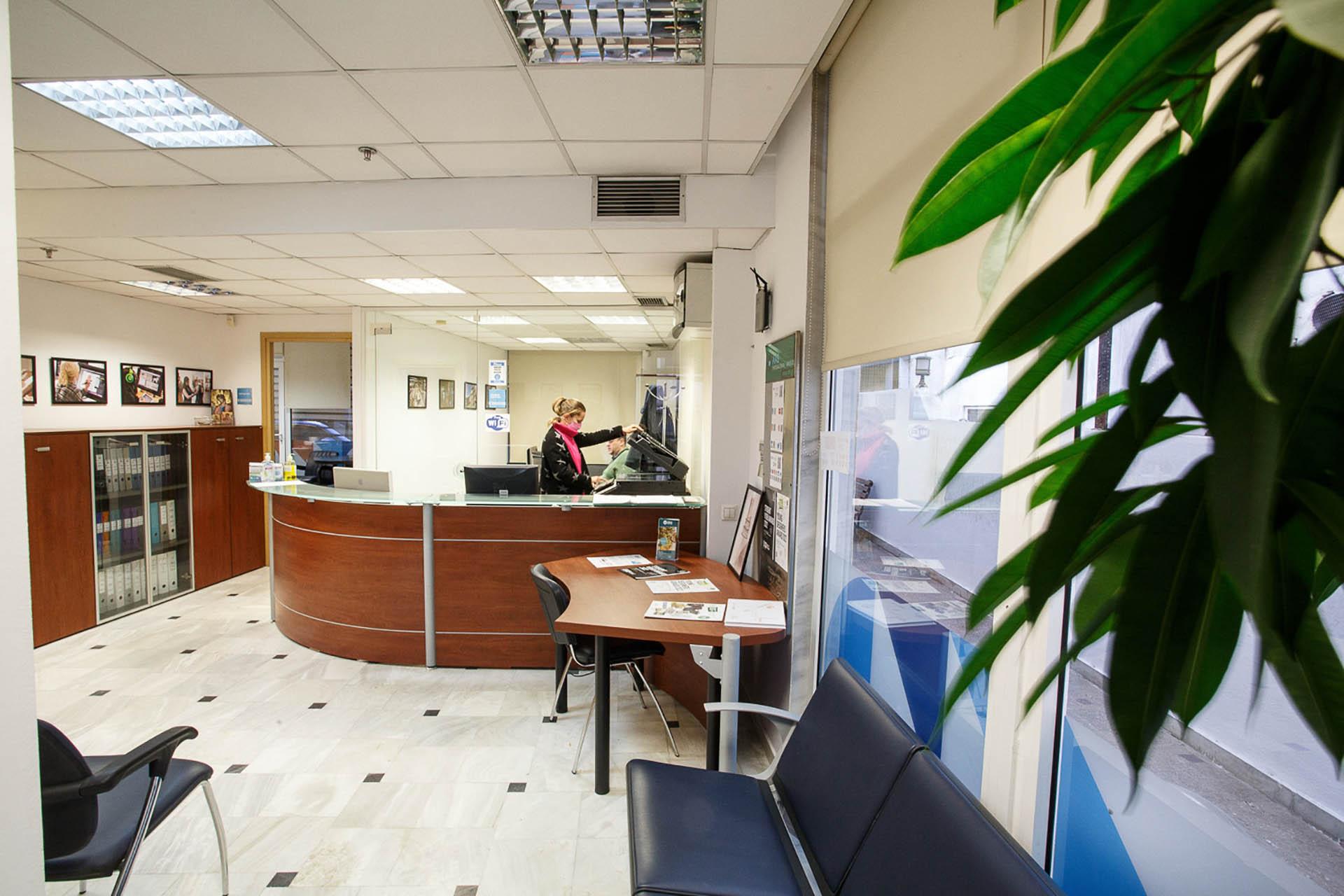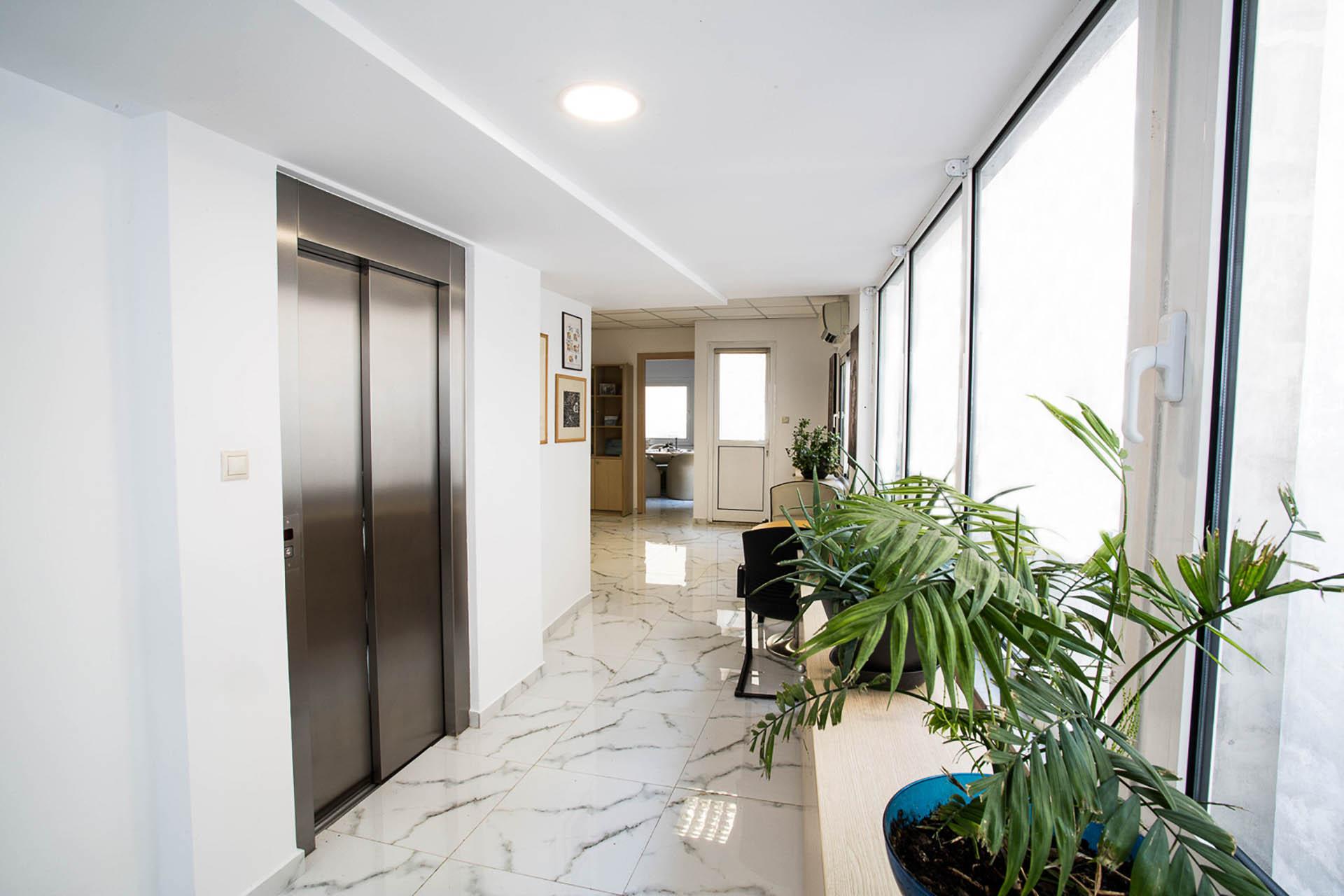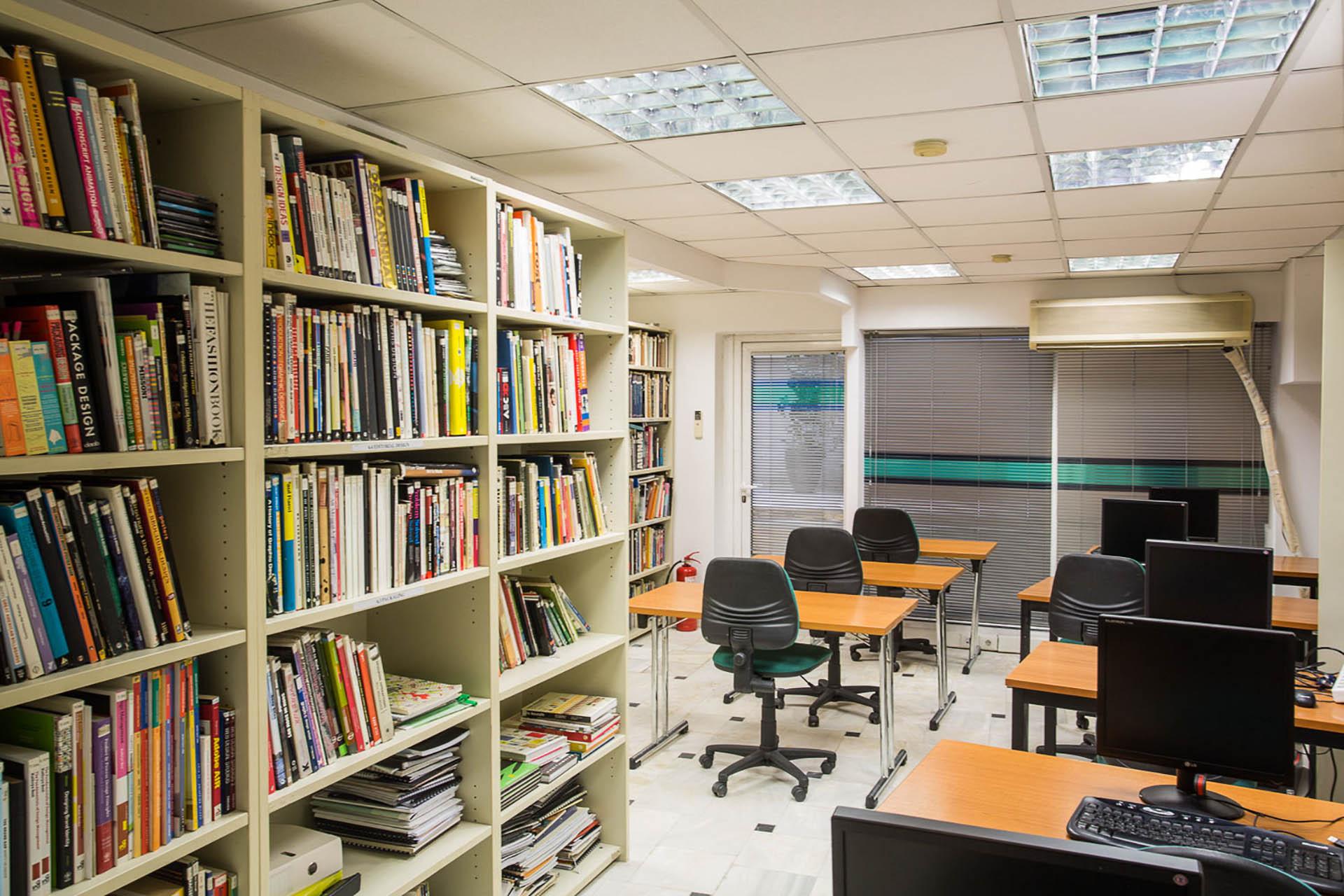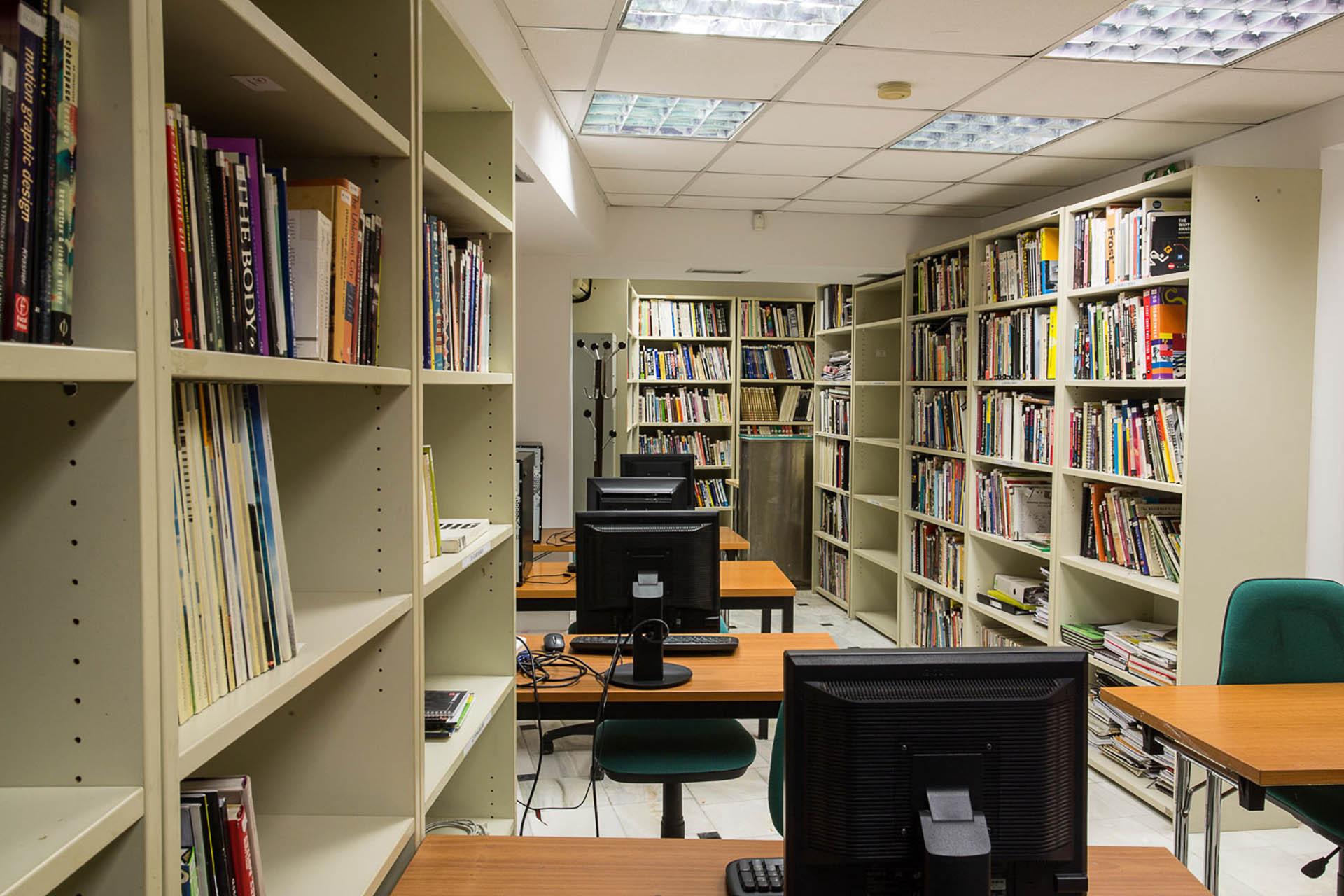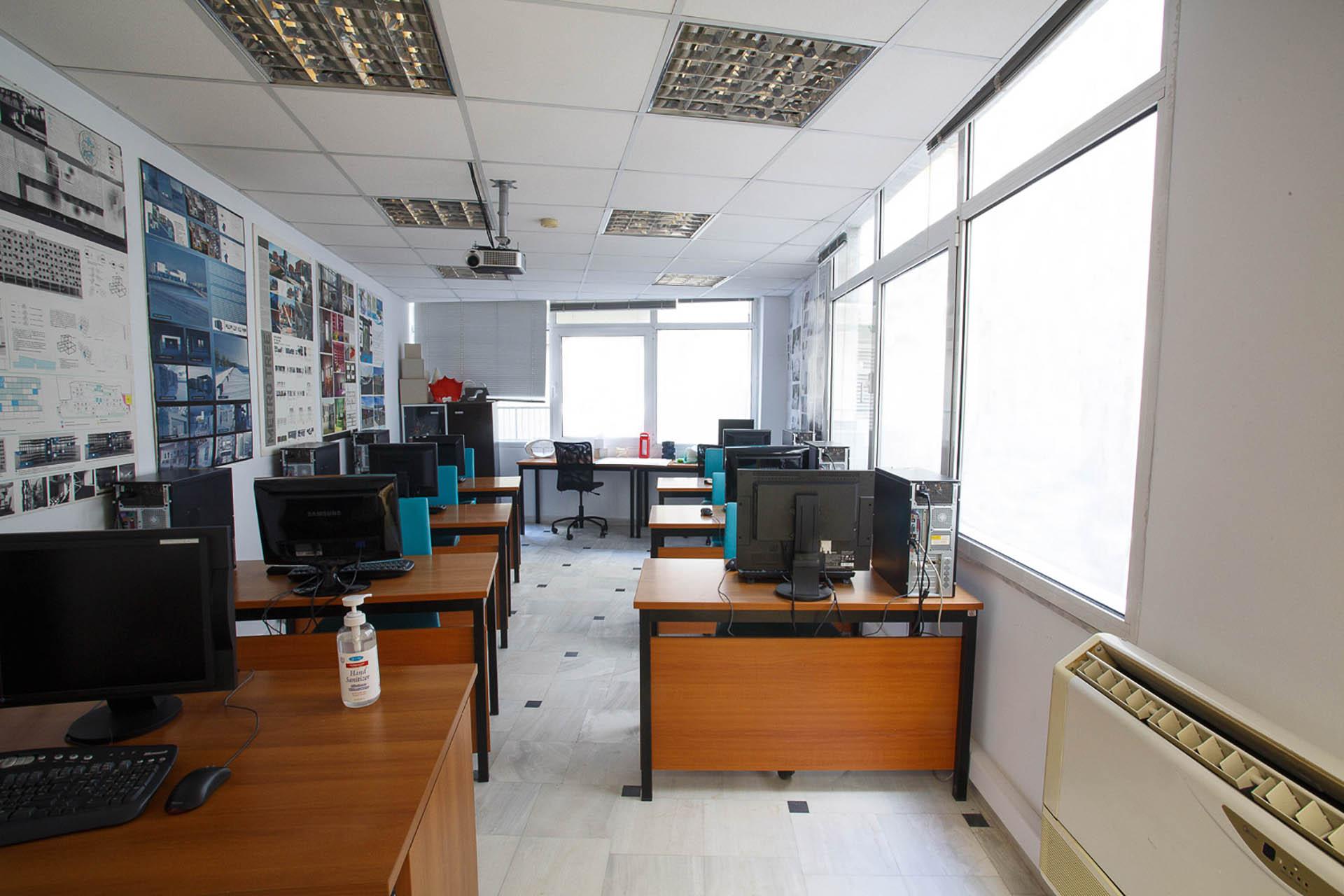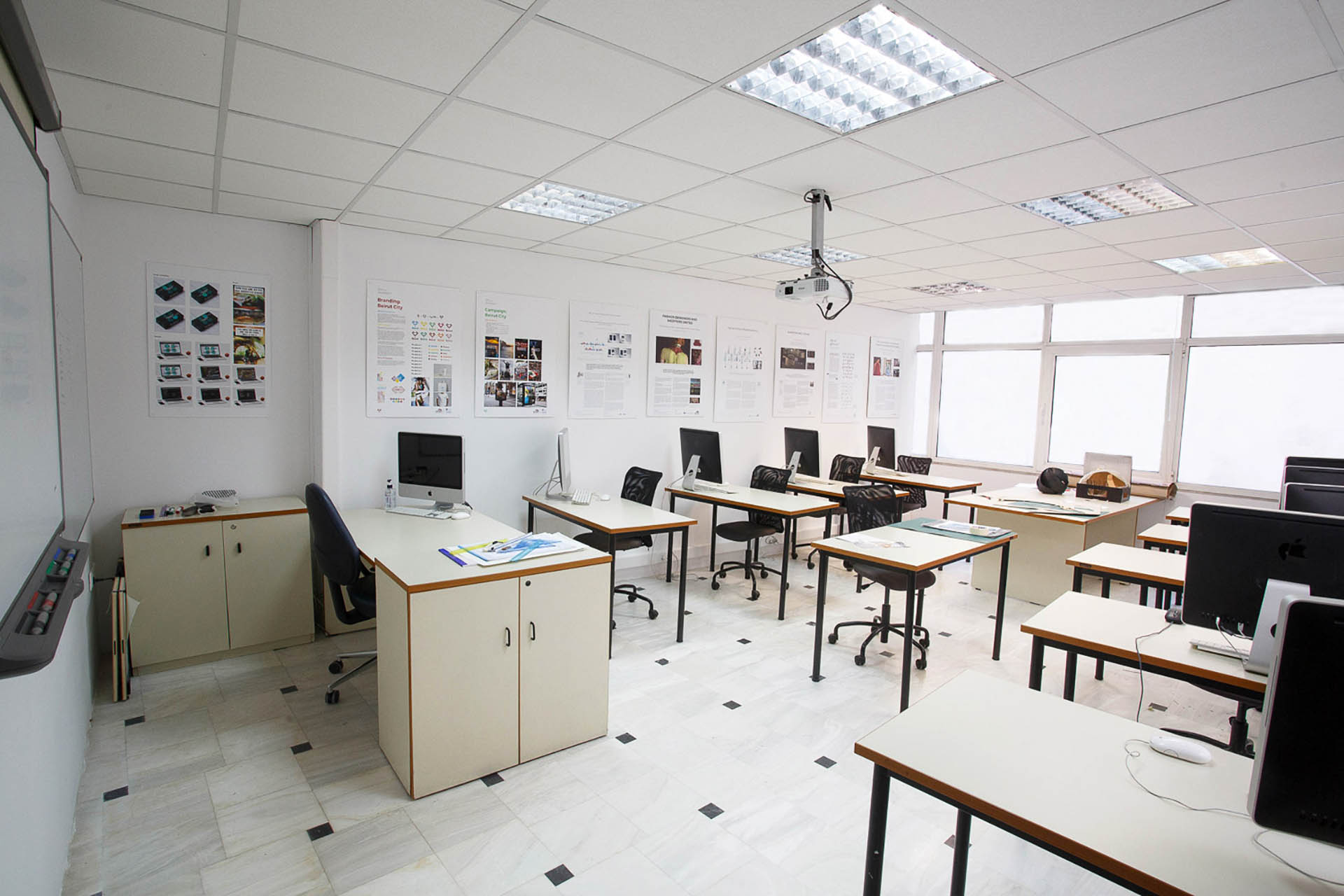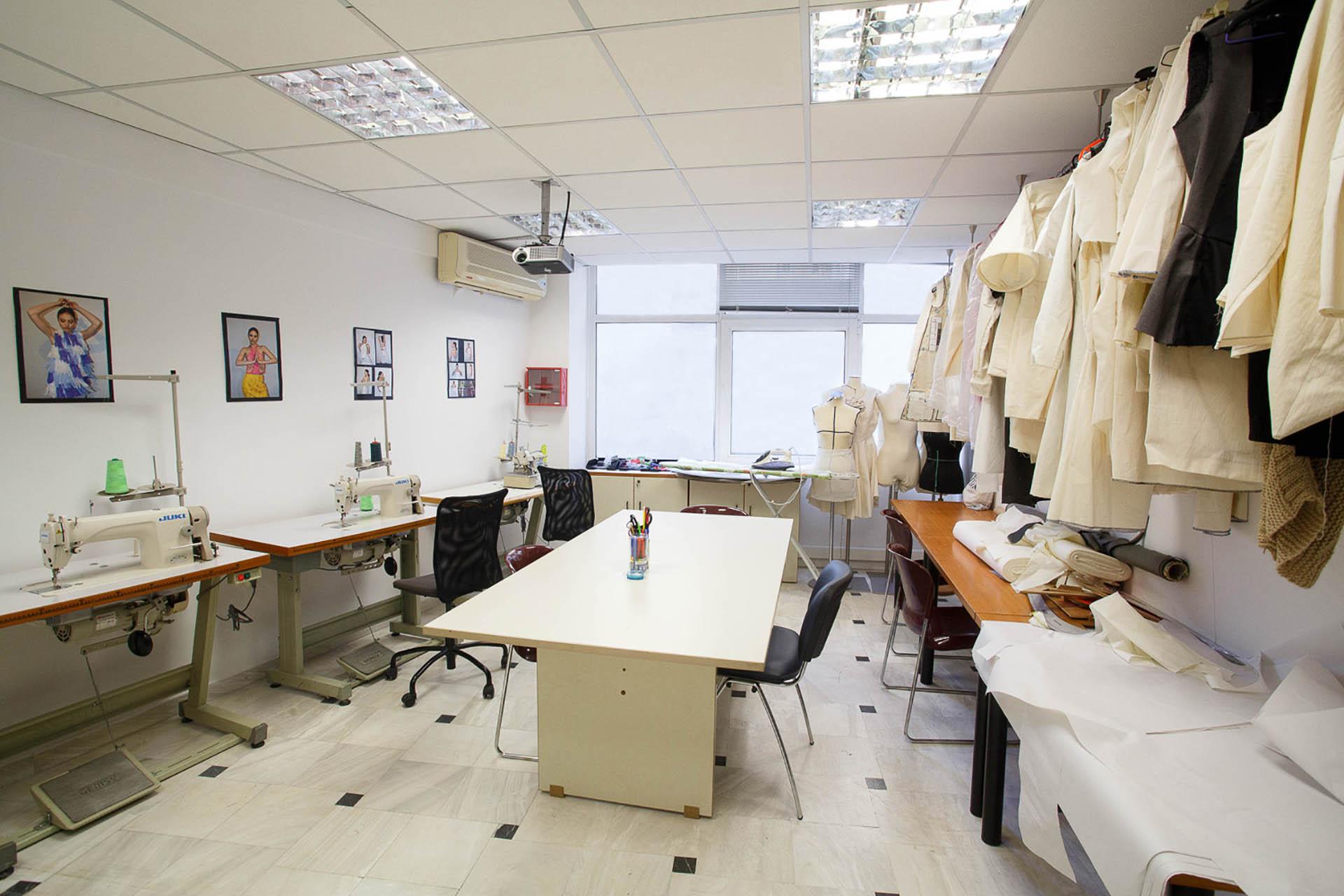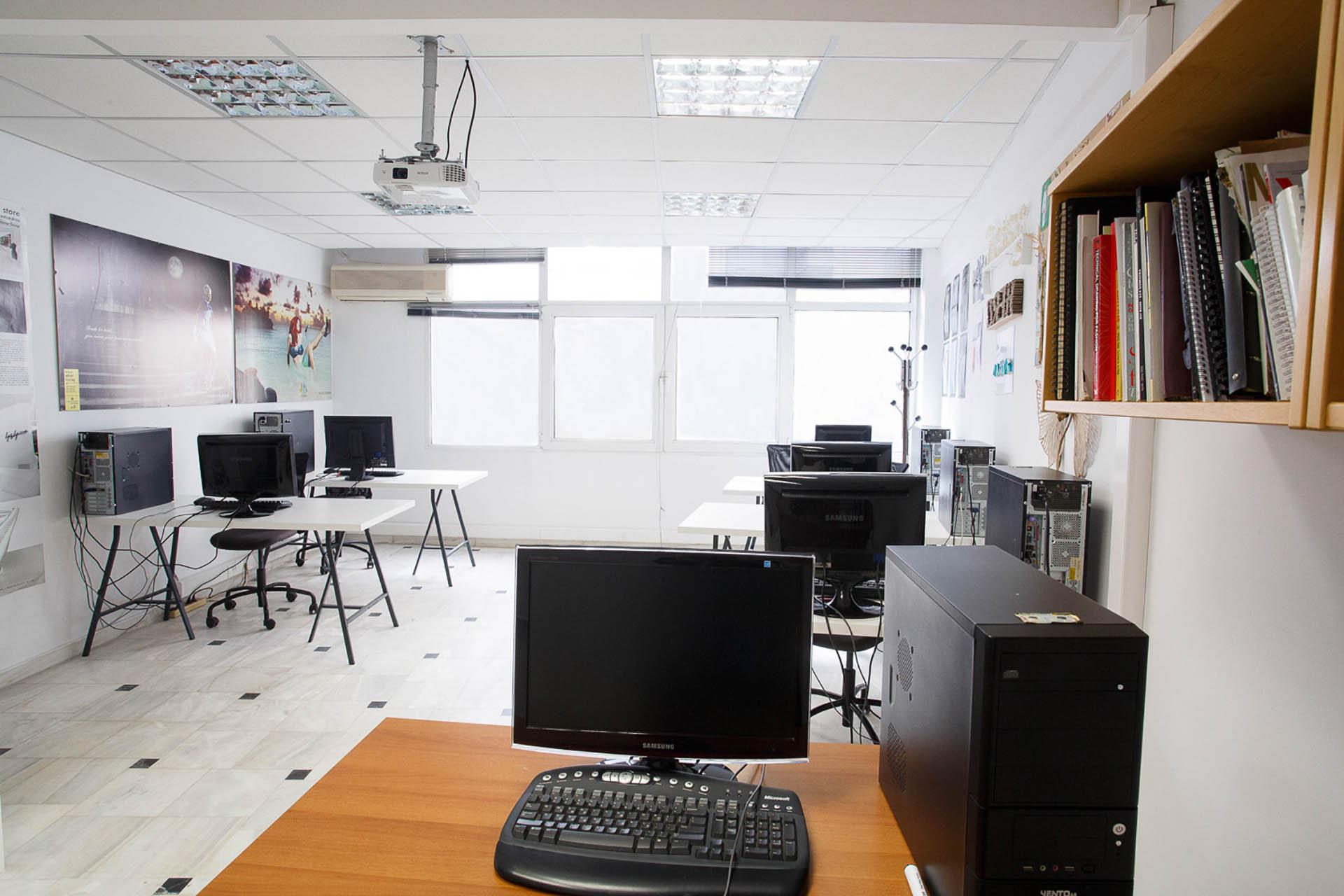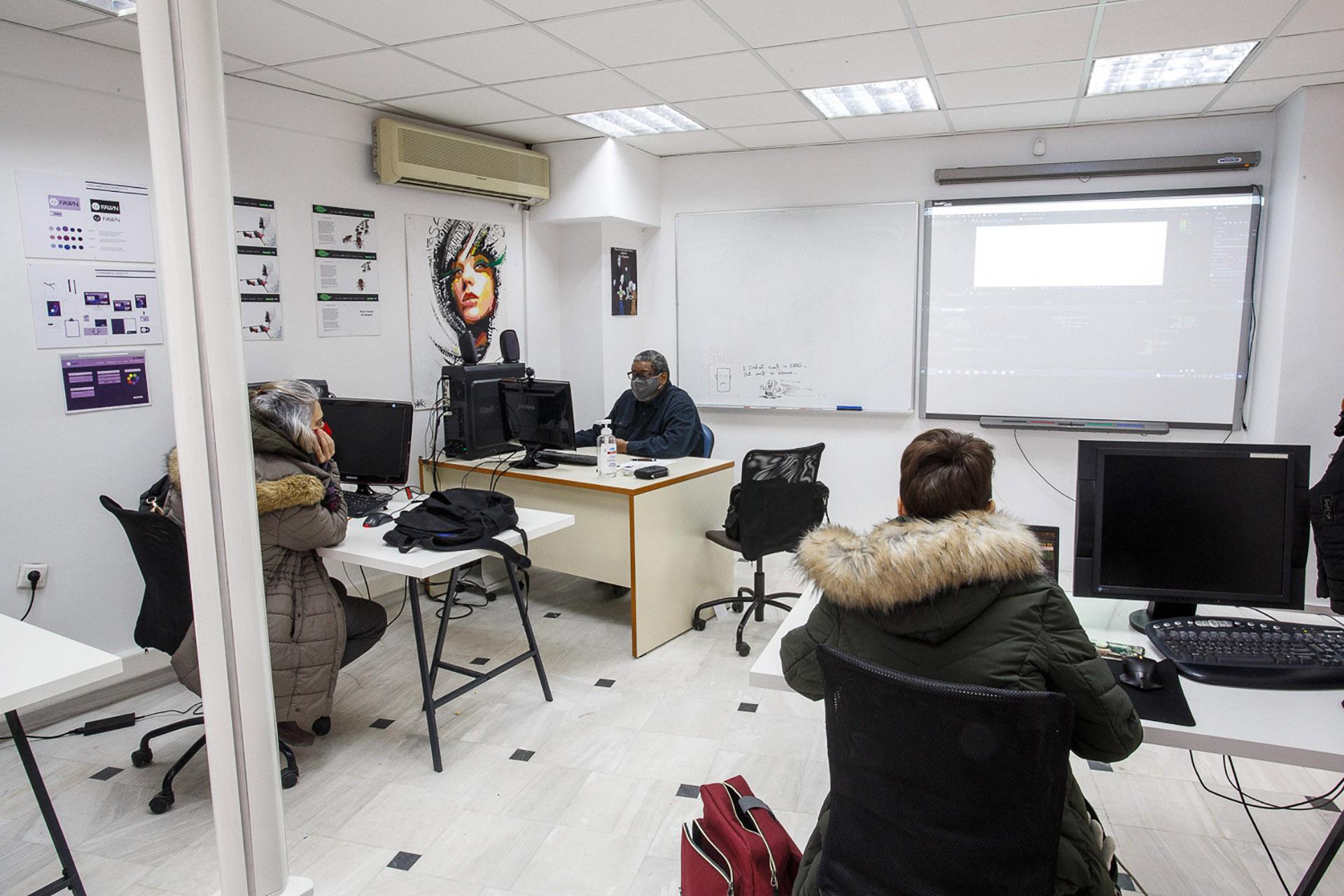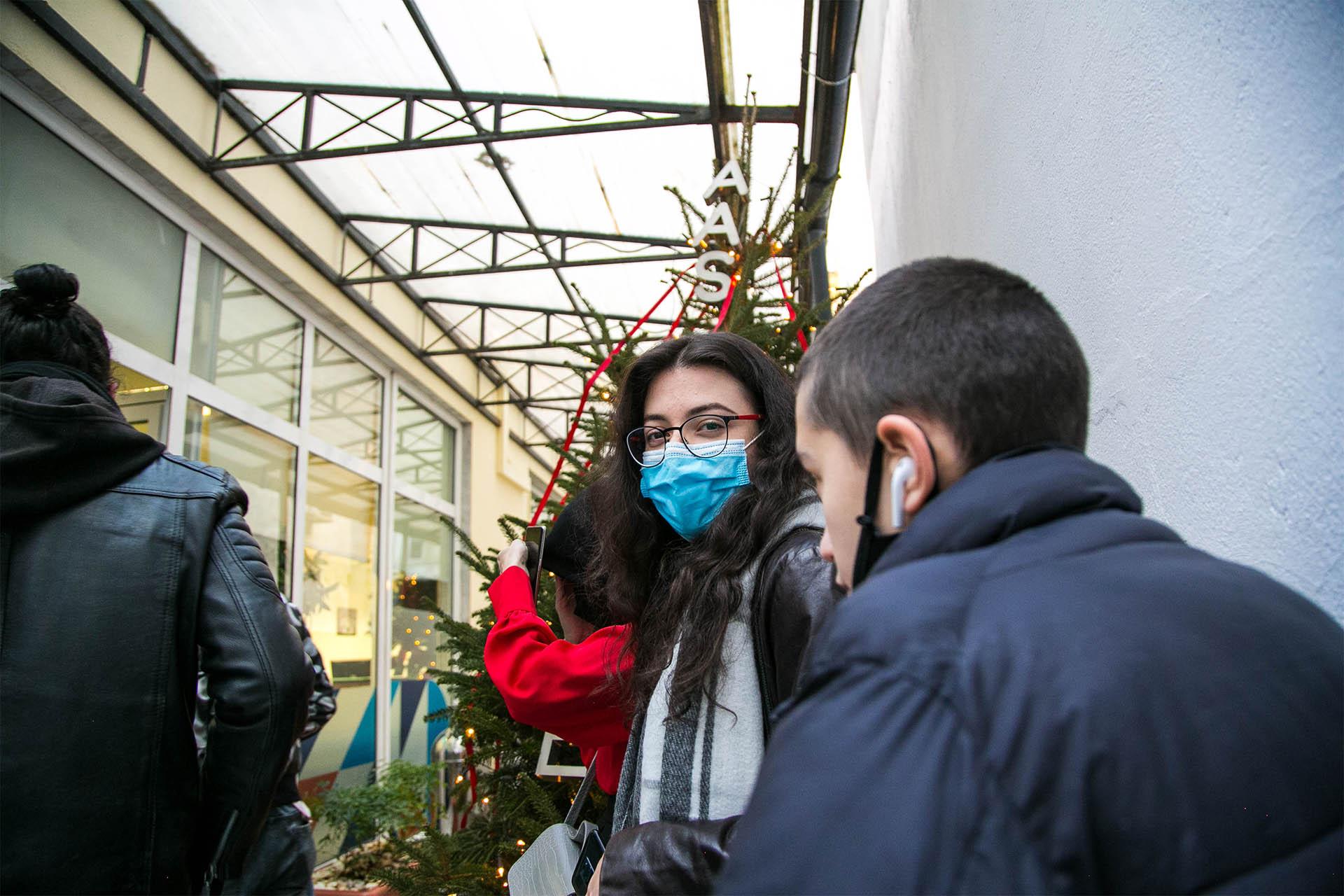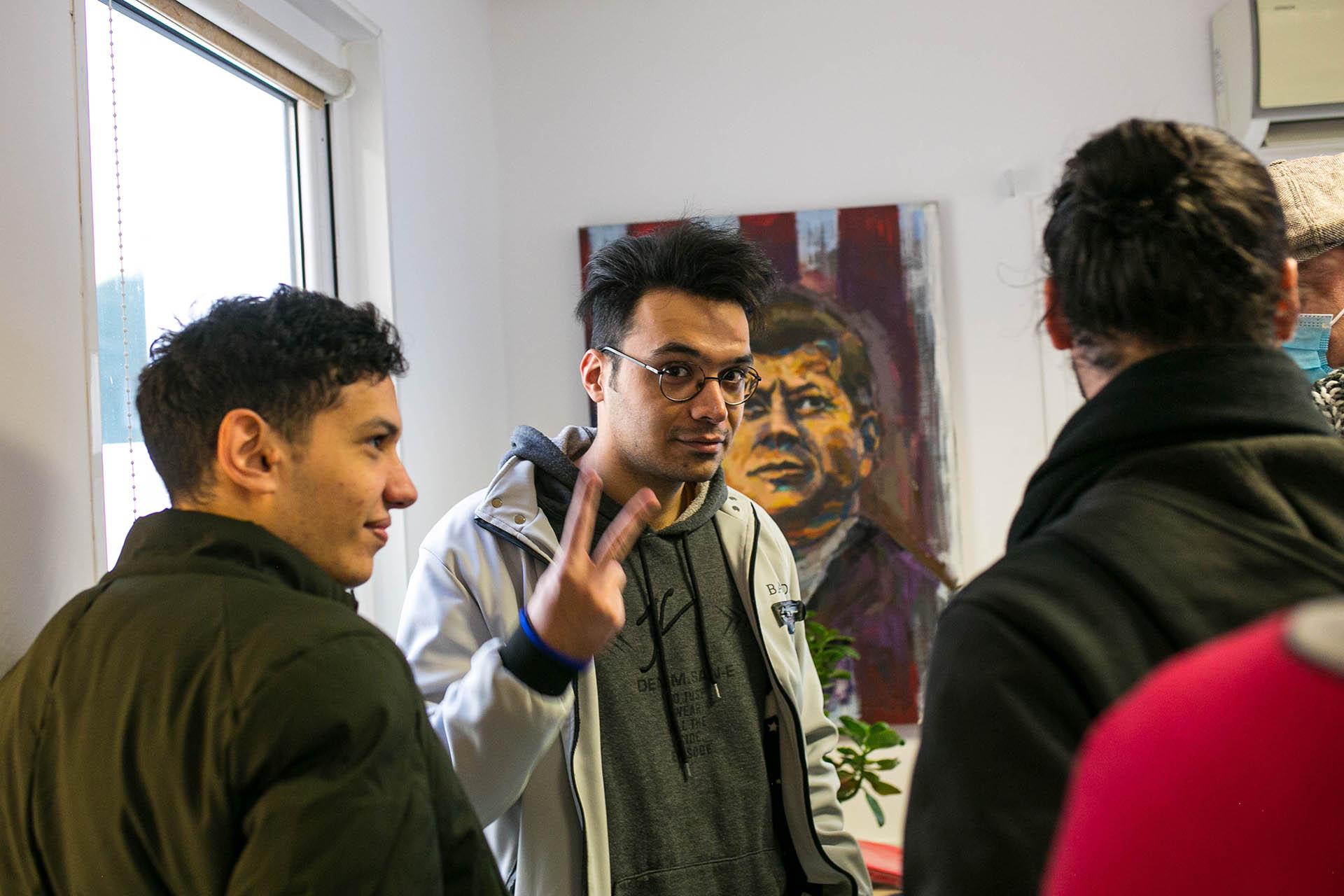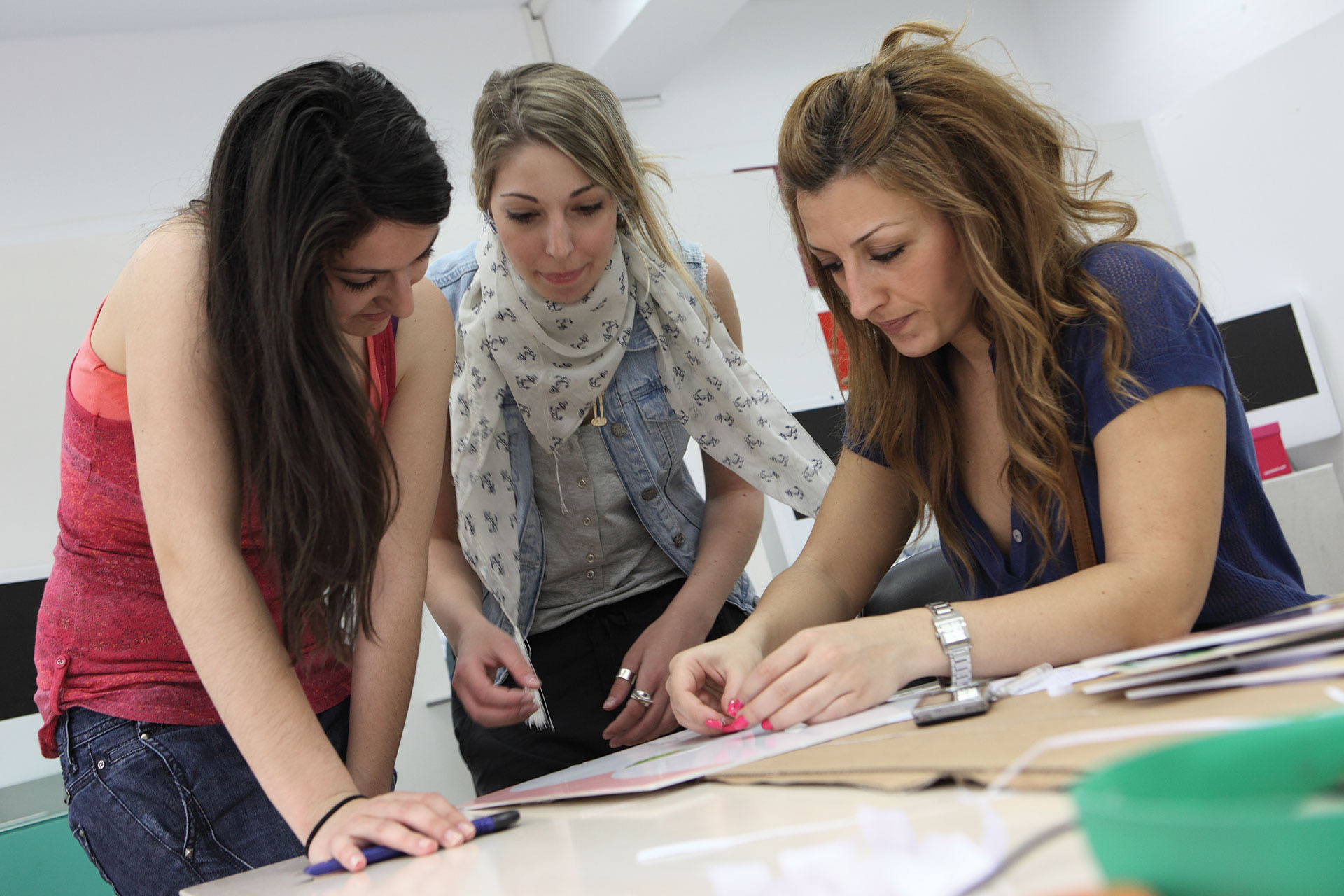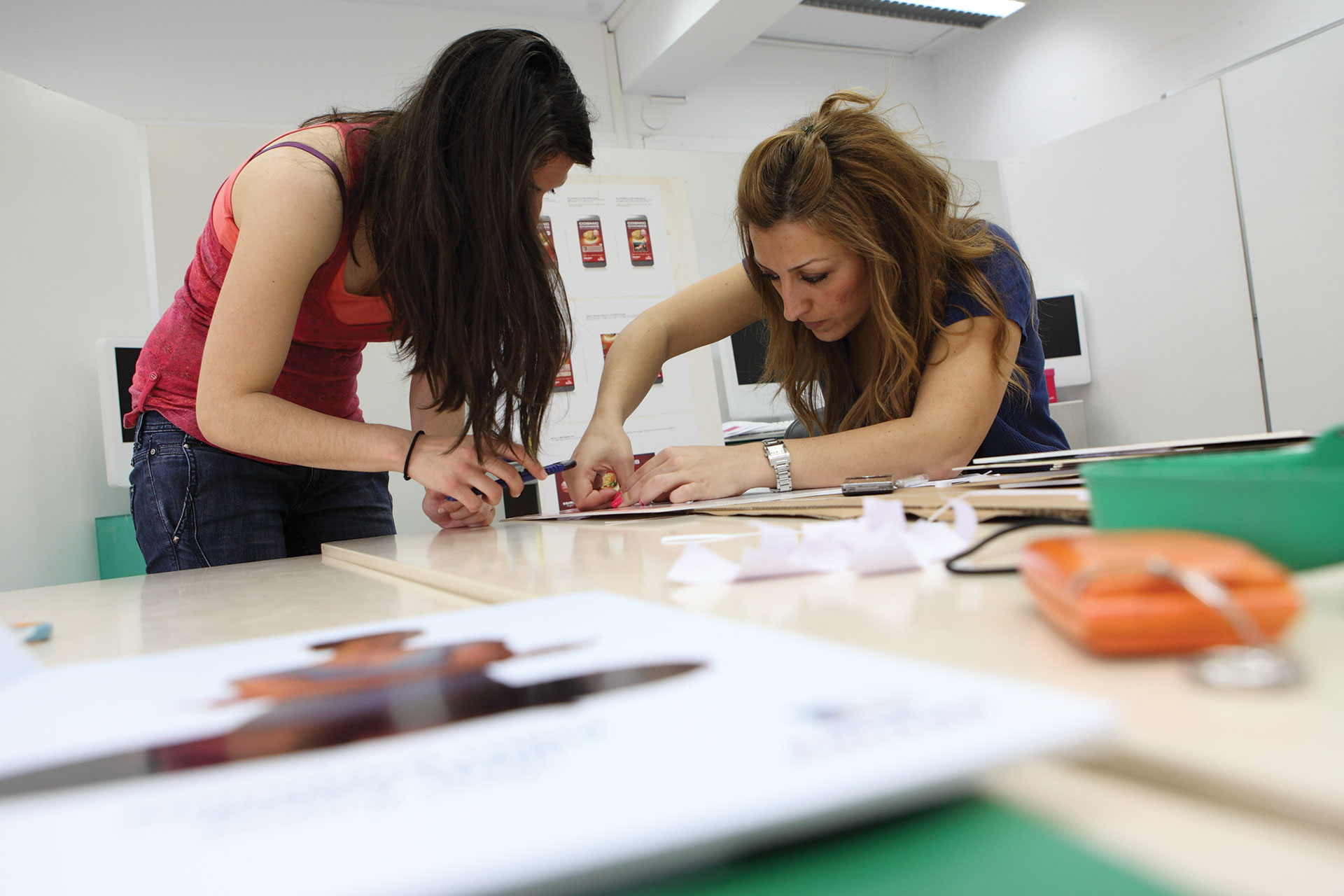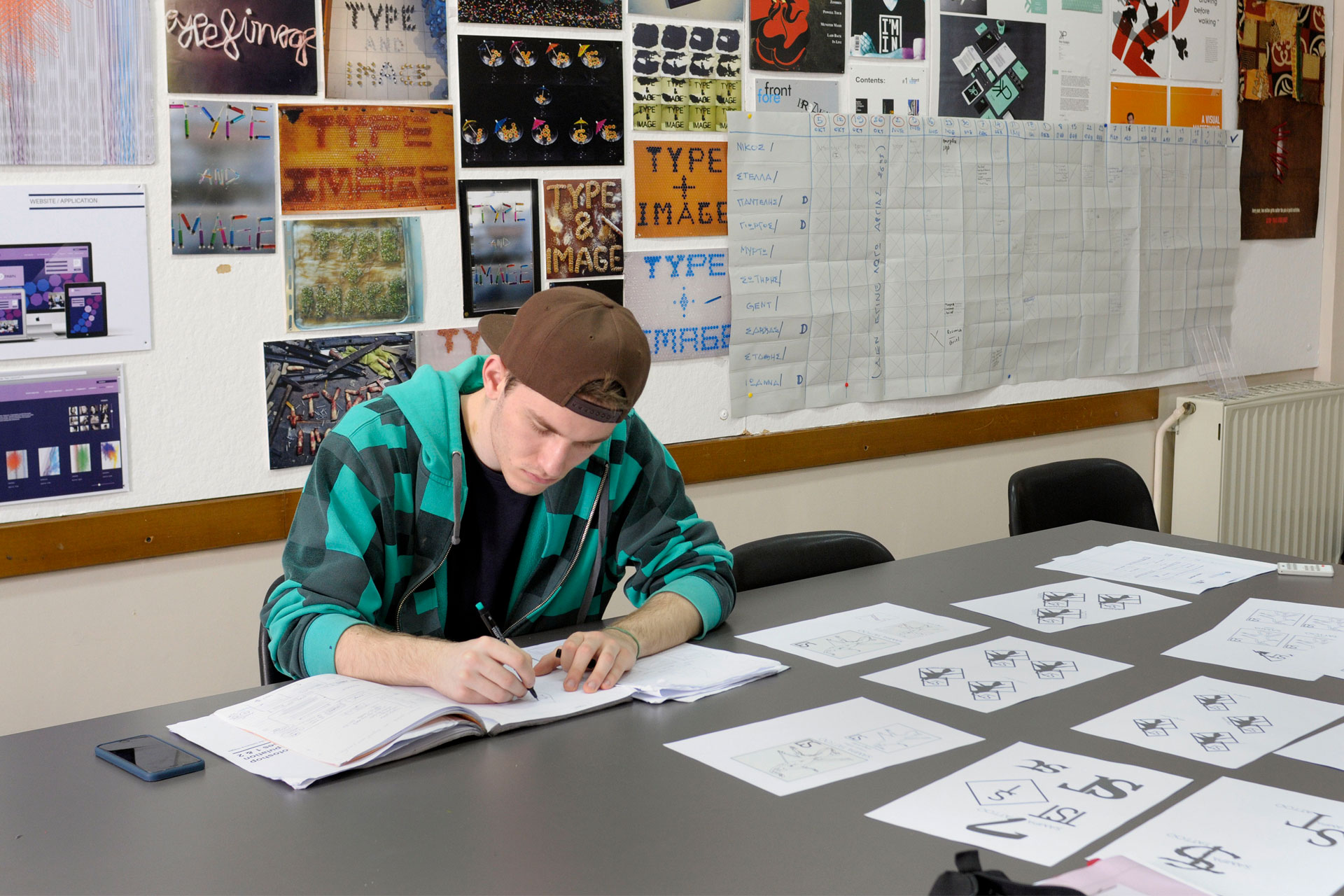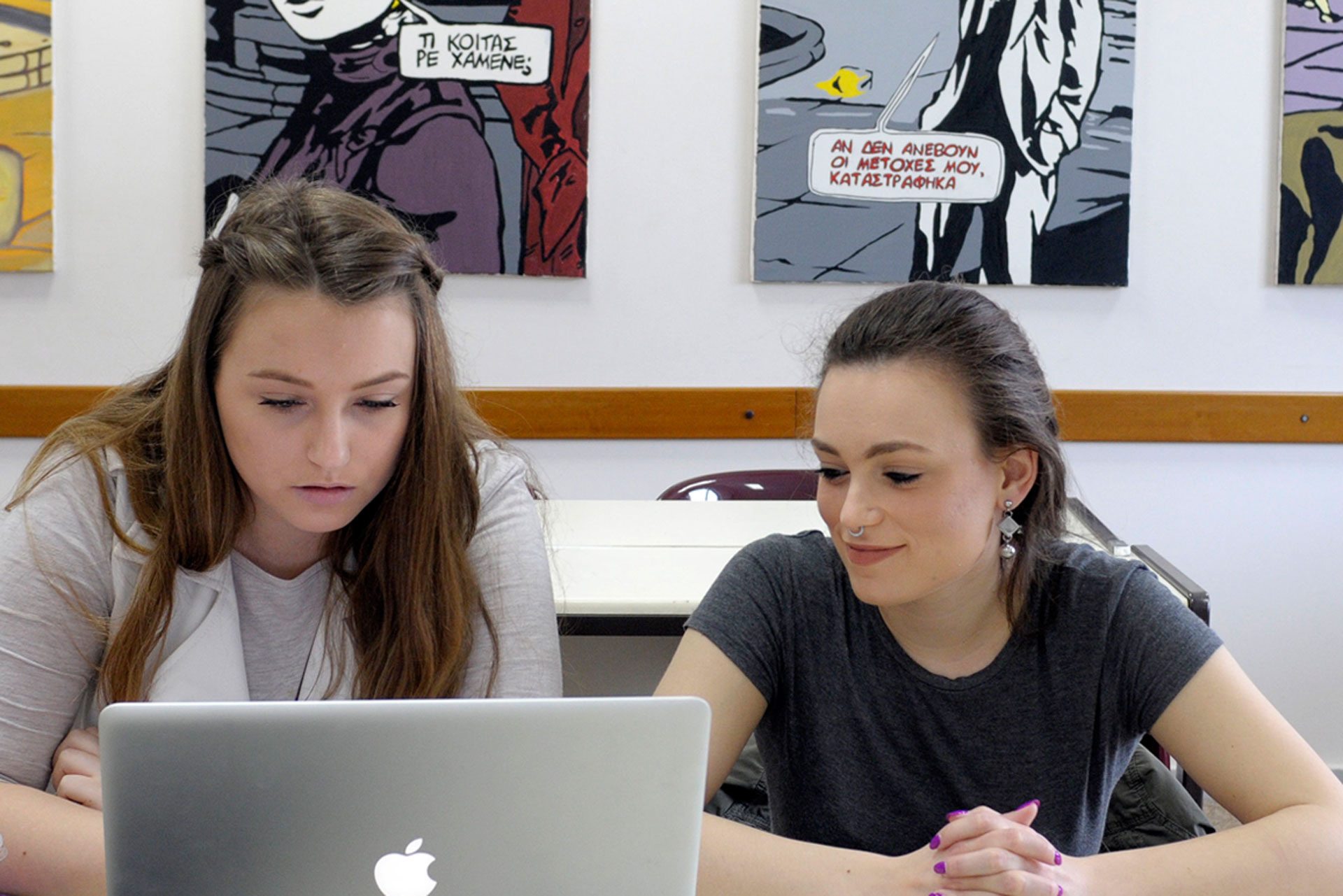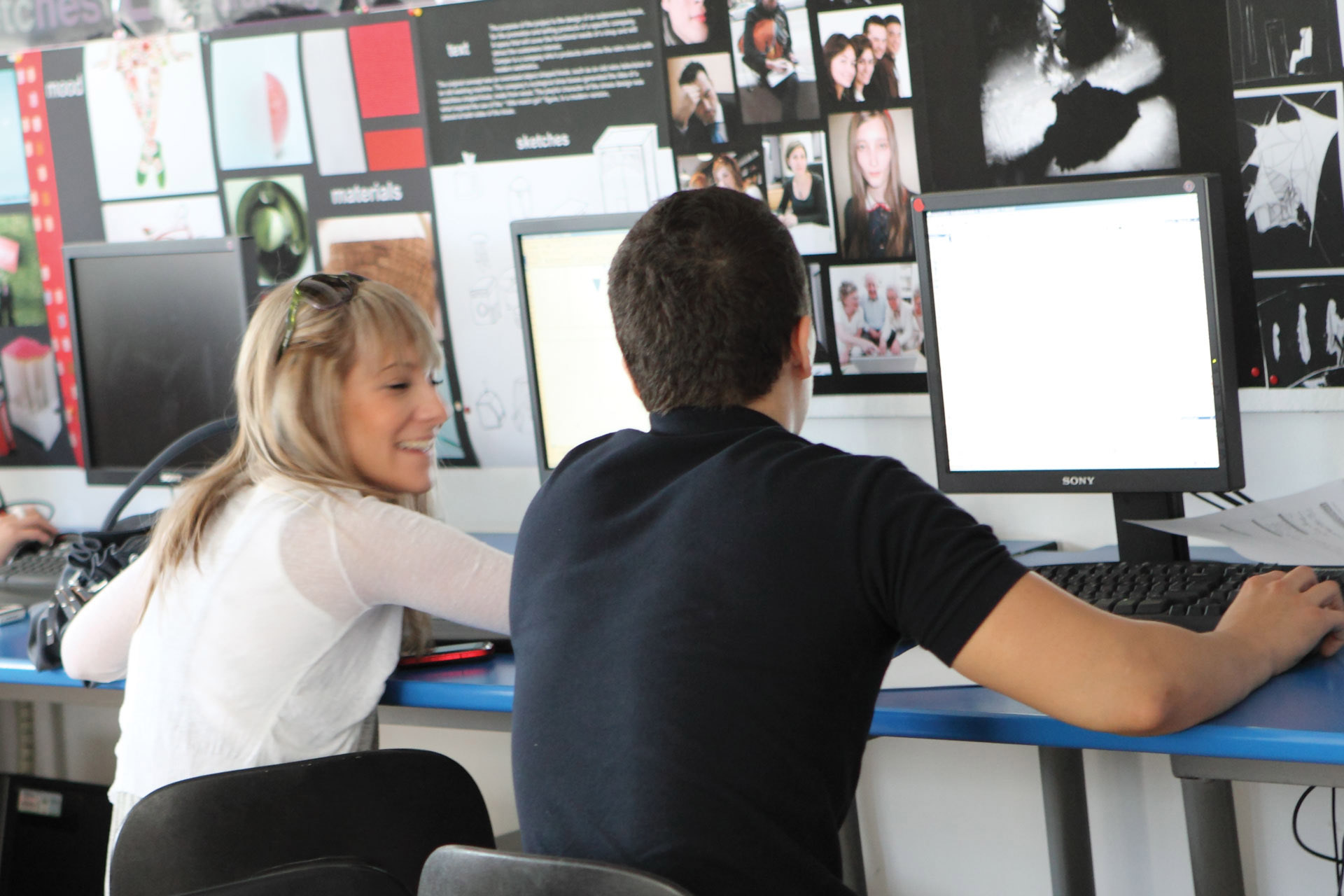AAS College Thessaloniki
School of Art & Design
COURSES | BACHELOR
BSc(Hons) Communication, Advertising & Marketing
A unique approach to studying advertising, marketing, public relations and digital media .
The programme Communication, Advertising and Marketing is designed to provide students with a comprehensive understanding of the theoretical foundations and practical applications of communication within contemporary professional contexts. The programme explores how integrated communication functions across advertising, marketing, public relations, and organisational communication, preparing students to operate confidently within these interconnected fields.
Students are encouraged to think critically and independently, developing analytical abilities and professional insight through a balance of theory, research, and practice. The programme fosters intellectual curiosity and reflective learning, enabling students to establish a clear professional identity and a portfolio of skills that enhance their employability, academic progression, and lifelong professional development.
The degree examines advertising, marketing, and public relations through the lens of communication theory and practice, helping students understand how messages are created, delivered, and interpreted within diverse audiences and media environments. Emphasis is placed on ethical, strategic, and creative communication, ensuring graduates are equipped to respond effectively to the evolving demands of the global industry.
Throughout the course, students gain a strong theoretical grounding that is continually applied to real-world contexts, developing practical competence in campaign design, audience analysis, digital strategy, and media production. The programme maintains close alignment with current professional standards and industry developments, ensuring that graduates emerge as informed, adaptable, and innovative communicators with a clear understanding of emerging technologies and their impact on contemporary practice.
Duration:
36 months (3 years)
Educational form:
Taught
Education Variants:
Fulltime
Language:
English
October’s intake:
Classes Start Date:
6 October 2025
British Degree:
Bachelor Degree
STUDENT WORK - BA (Hons) Advertising Design
FACILITIES
AAS College is set in a modern, purpose – built university campus. Students learn in specially designed lecture rooms and theatre, laboratories, design studios and in flexible teaching spaces. Individual and group study spaces allow students to work alone or collaborate on projects. This course has dedicated graphics studios for workshops, group and independent working. They are equipped with projectors and screens and Macs or PCs or both. There are also campus digital media suites with software including: Adobe Creative Suite.
BSc(Hons) Communication, Advertising & Marketing - COURSE STRUCTURE
Overview
The first year introduces students to the fundamental principles, theories, and practices that underpin the fields of communication, advertising, marketing, and public relations. It establishes a strong foundation in both conceptual understanding and practical skills, enabling students to grasp how meaning is constructed, conveyed, and interpreted across different contexts and media.
Students begin by exploring the essential relationship between language and communication, examining how words, symbols, and cultural contexts influence meaning and interpretation. They develop an understanding of competing models of communication and gain insight into the complexity of human interaction. Building on this, students study interpersonal communication, learning the strategies and techniques that make communication effective within different social and professional settings. Emphasis is placed on developing self-awareness, critical reflection, and behavioural adaptability.
The programme introduces students to the principles of marketing, providing an overview of marketing concepts, consumer needs, market segmentation, and value creation. This is complemented by an introduction to advertising, where students analyse how creative strategies, media channels, and digital technologies are used to influence audiences. Ethical, social, and sustainability issues in advertising are also explored, helping students understand the responsibilities of professionals working in this area.
An introduction to consumer behaviour helps students understand the psychological, social, and cultural factors that drive consumer decision-making. This knowledge forms the basis for effective marketing and communication strategies. Additionally, students study the principles of public relations, examining its role in shaping reputation and managing relationships between organisations and their publics within the broader media environment.
By the end of the first year, students will have developed a comprehensive understanding of the communication process, its application across marketing and media industries, and its importance in shaping audience perceptions and behaviours. They will have also begun to build the analytical, reflective, and interpersonal skills necessary for academic success and professional development in communication-related fields.
Overview
In the second year, students deepen their understanding of communication, advertising, and marketing by engaging with more advanced concepts, analytical methods, and professional practices. The focus shifts toward the development of specialist skills, critical evaluation, and practical application, preparing students for the strategic and creative challenges of the communication industries.
Students are introduced to the principles and practices of research, learning to design, conduct, and present both qualitative and quantitative studies. This foundation in research methodology equips them with the analytical and investigative skills required for their final-year project and for professional problem-solving within the communication and marketing sectors.
Through Professional Copywriting, students develop the ability to write persuasively and creatively across a range of media and genres. They learn how to combine analytical understanding with practical writing skills to produce clear, engaging, and ethically responsible content that meets professional standards.
Marketing Management in Practice extends the principles introduced in Year 1 by exploring the four core areas of marketing management — planning, implementation, leadership, and control. Students examine how marketing strategy is applied in real-world contexts, gaining insight into the processes that shape effective campaign design, delivery, and evaluation.
The study of Advanced Interpersonal Communication further refines students’ professional communication skills, encouraging them to analyse behaviour, apply theoretical frameworks, and adapt their approach to a variety of professional situations. This enhances their self-awareness, empathy, and ability to communicate effectively in organisational and client-based environments.
In Digital Communication, students investigate the rapidly evolving landscape of online media and digital marketing. They gain practical skills in developing and managing digital campaigns, using data-driven metrics to measure success, and employing social media, content marketing, and community engagement strategies to support organisational goals.
Finally, Principles of Graphic Design introduces students to the creative processes and collaborative dynamics involved in visual communication. They learn how to work effectively with designers, prepare clear creative briefs, and improve the visual presentation of their own work. This bridges the gap between strategic communication and creative production, fostering interdisciplinary awareness.
By the end of Year 2, students will have developed a more sophisticated understanding of how communication, marketing, and creative media interact in professional practice. They will be equipped with the analytical, digital, and interpersonal skills required to operate confidently and strategically in preparation for their final year of study and future professional careers.
Overview
In the final year, students bring together the theoretical knowledge, analytical ability, and practical skills developed throughout the programme to demonstrate their independence, professionalism, and critical understanding of communication within complex organisational and global contexts. The focus is on synthesising learning through advanced study, research, and practice, enabling students to refine their academic and professional identity as communication specialists.
Students engage with Organisational Communication, gaining insight into how communication functions as a strategic tool within corporate, cultural, and networked environments. They examine leadership, conflict resolution, and change management, learning to assess and design effective communication strategies that enhance innovation and organisational performance.
Through Advanced Advertising, students explore the dynamic and ever-changing landscape of advertising practice, investigating how creativity, media convergence, and new technologies continue to reshape the industry. The module balances theoretical analysis with practical application, preparing students to engage critically and creatively with professional advertising challenges.
In Global Marketing, students develop a nuanced understanding of international marketing operations and the external variables that influence decision-making across cultural, political, and economic boundaries. They explore how organisations adapt strategies and marketing mix decisions to succeed in diverse and competitive global markets.
Reading the Brand provides an opportunity for students to examine the cultural and semiotic dimensions of branding and consumer behaviour. They analyse how commodities communicate meaning and shape identity, using semiotic and cultural theory to interpret media discourses and market dynamics. This fosters a sophisticated appreciation of the role of branding in contemporary communication and consumer culture.
The module Rethinking Communication encourages students to critically engage with key theoretical debates that have shaped the study of communication, media, and culture. By evaluating historical and emerging perspectives, students strengthen their intellectual understanding of the discipline and develop the ability to critique communication practices in relation to wider cultural and social transformations.
The Dissertation represents the culmination of the degree, allowing students to undertake an independent research project on a topic of their choice within the field of communication, advertising, or marketing. This project integrates conceptual understanding, methodological rigour, and analytical depth, enabling students to demonstrate autonomy, critical thinking, and originality in their work.
By the end of the final year, students will have achieved an advanced and integrated understanding of communication theory and practice. They will be capable of applying their knowledge creatively and strategically in professional, academic, or research contexts, prepared to contribute thoughtfully and ethically to the communication, advertising, and marketing industries on a global scale.
ASSESSMENT
Assessment is based on coursework and written assessment. You will be continually assessed throughout the course.
Pass mark for course, modules and individual assessments: 40%
The award of BSc Hons Communication, Advertising and Marketing is achieved after completion of 360 credit points.
CAREER OPPORTUNITIES
The CAM Degree with its broad and varied range of modules offers a host of career options and affords students the chance to engage with various aspects of communication before they enter the workplace. The degree is recognised by employers in the public, private and voluntary sectors. Many of our graduates, not surprisingly, take up positions in Advertising and Marketing, but, in addition, CAM graduates hold senior positions in the Public Relations, digital communication, media, government, retail, education and hospitality sectors. Graduate employment options are truly wide-ranging.
Job roles
With this Degree you could become:
- Account Executive
- Communications Officer
- Digital Marketing Officer
- Marketing Manager
- Social Media Manager
- Advertising executive
- Public Relations Officer
ENTRY REQUIREMENTS
Diploma and transcript from your high school
Evidence of your ability in English language
Passport
AAS Application Form completed
Discover our Prospectus→
Find out what makes AAS a great place to study
Book a Meeting→
Schedule an online meeting to learn more about us and our programmes.
Apply to AAS→
Accepting applications for Fall and Summer terms.
HOW TO APPLY
You should apply direct to the AAS College. We accept applications throughout the year, but advise you to apply early. We would like to receive application forms before 30th of June.
All candidates are required to submit the following documents:
1. A Fully Completed Application
AAS Application Form completed
A scanned copy of your passport
2. English language certificate
Certified Photocopy of English Language qualification(s).
Undergraduate applicants must have a fluent command of the English language which can be proven via the following examinations:
IELTS: 6,0 or other equivalent qualifications.
Candidates who have not acquired an English language qualification at the time of the submission of their application form are required to submit it at least one month before the commencement of the course.
3. Diploma of previous education
International Baccalaureate (IB) Diploma or six IB Subject Certificates, or A Levels obtained locally
Certified Photocopy of the Diploma of Secondary Education (High School Diploma 12 years of study), along with the final year’s academic transcript
Candidates who have not yet graduated from high school at the time of application, should submit the available academic transcripts from their current year of study, as well as a full transcript from the previous year of study
If the High School Diploma is produced in another language it should be translated and verified in English
4. Portfolio
You can send us approximately 20 examples of your work with a short written commentary. Most of this work
can be in the form of photographs on a PDF file. It is helpful for us to see examples of your original
drawings too.
The submission of a Design portfolio is mandatory to the Design programmes.
Application’s Submittion:
There is no application fee. You should submit your documents direct to the AAS College website following the link: https://aas.gr/aas-college-apply-now/
Our response:
A member of our staff will contact you in 48 hours.
Apply to AAS→
Accepting applications for Fall and Summer terms.
Lorem ipsum dolor sit amet, consectetur adipiscing elit. Ut elit tellus, luctus nec ullamcorper mattis, pulvinar dapibus leo.
